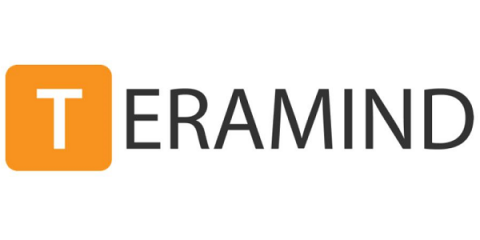Crafting the Perfect Remote Workspace: Communication Tools Meet Business Solutions
Buffer’s recent survey revealed that the majority (97%) of people said they’d love to keep working from home--at least part-time--for the rest of their careers. With the way things are always on fast-forward nowadays, setting up the perfect spot to work from home has become super important. A bunch of us are swapping the typical office for our living rooms or maybe even a cozy corner in a coffee shop.











